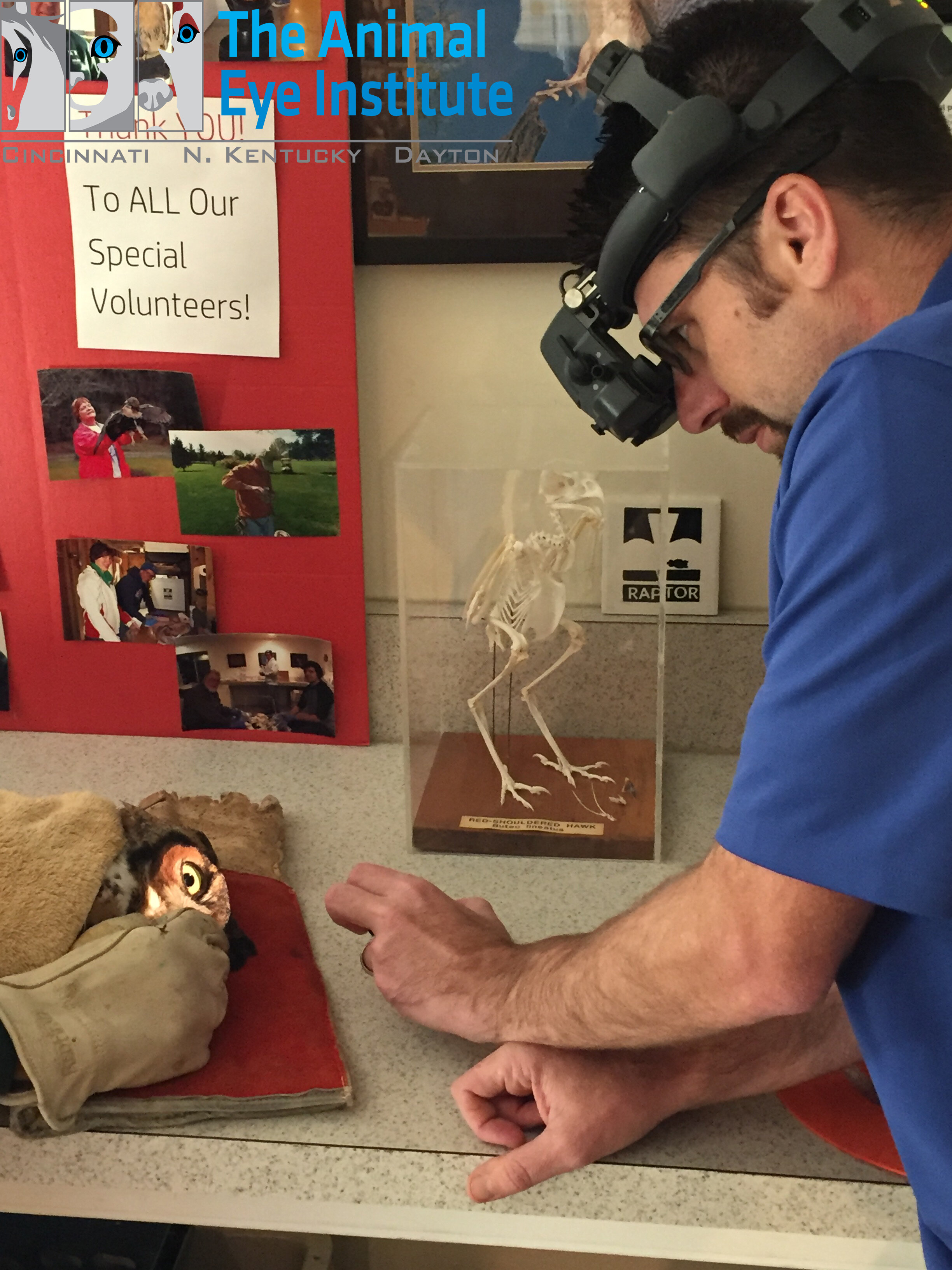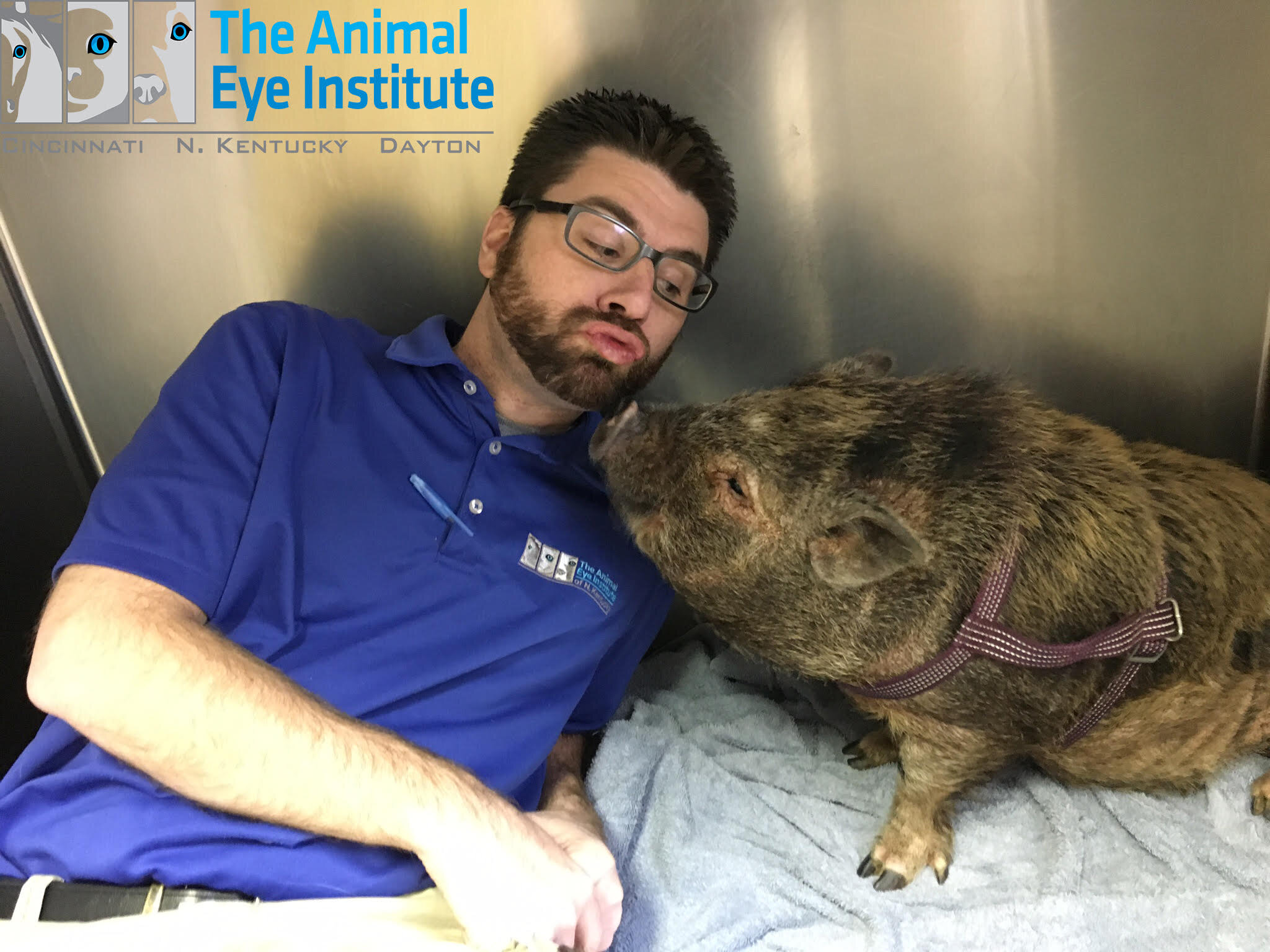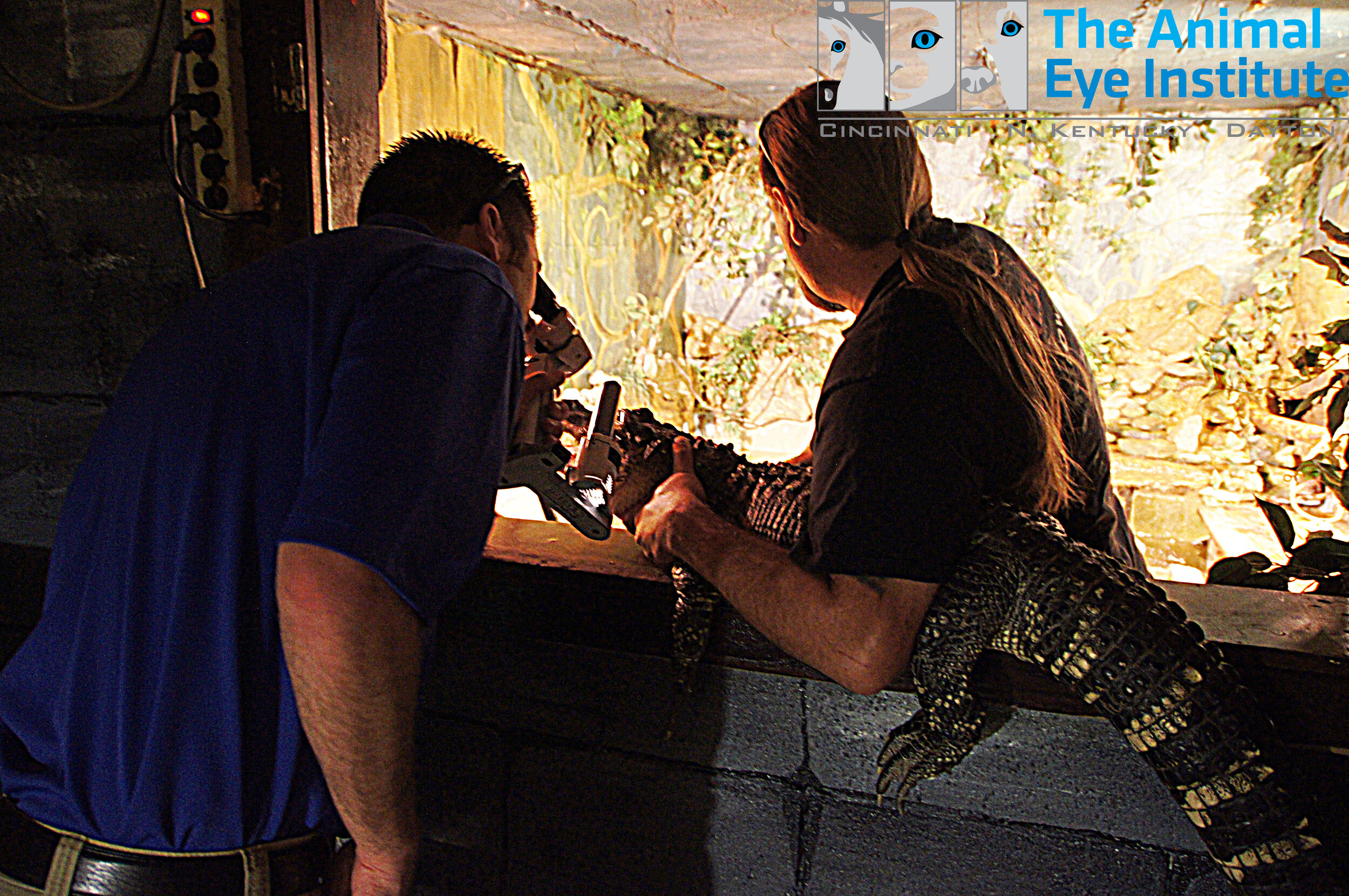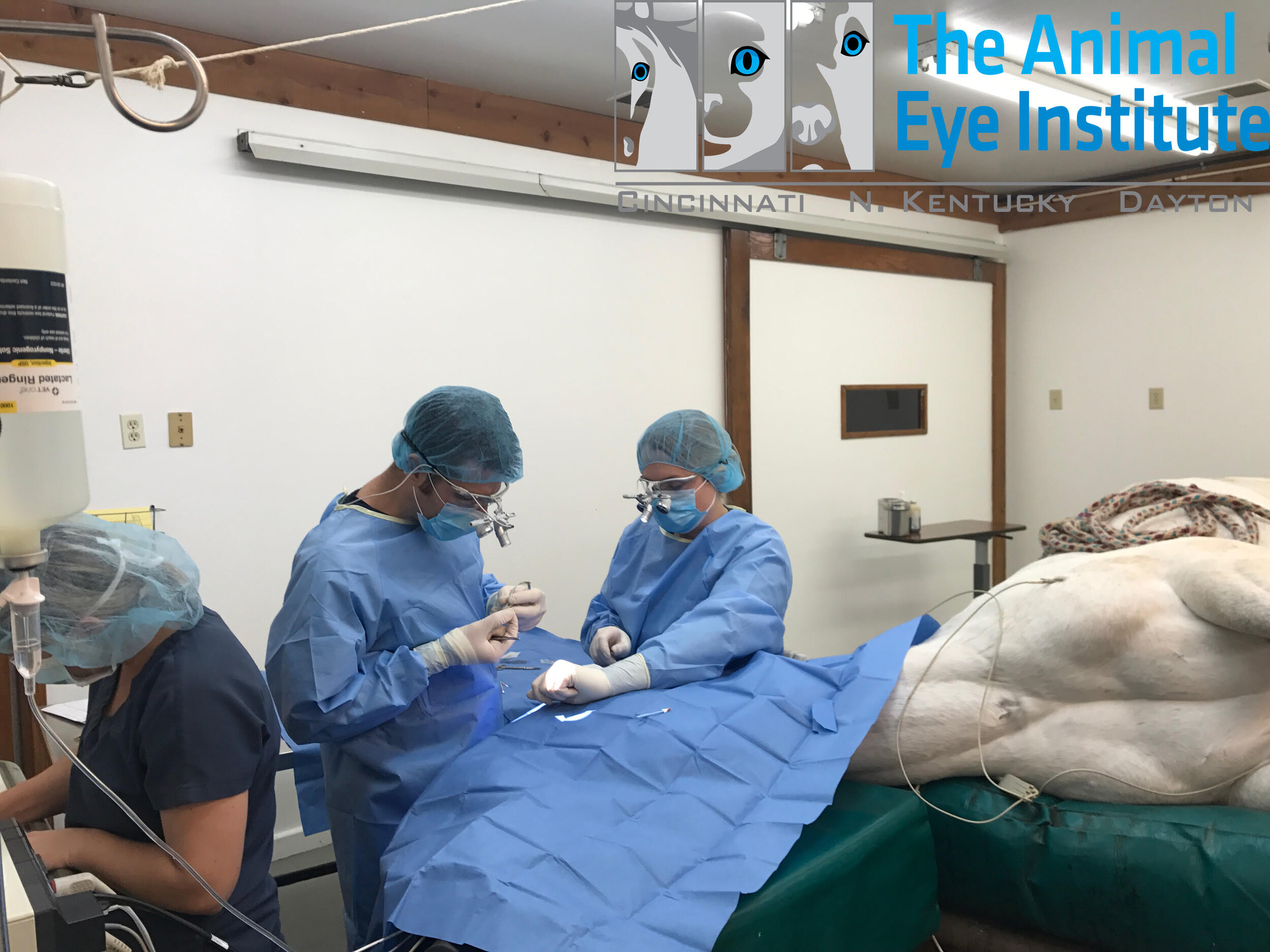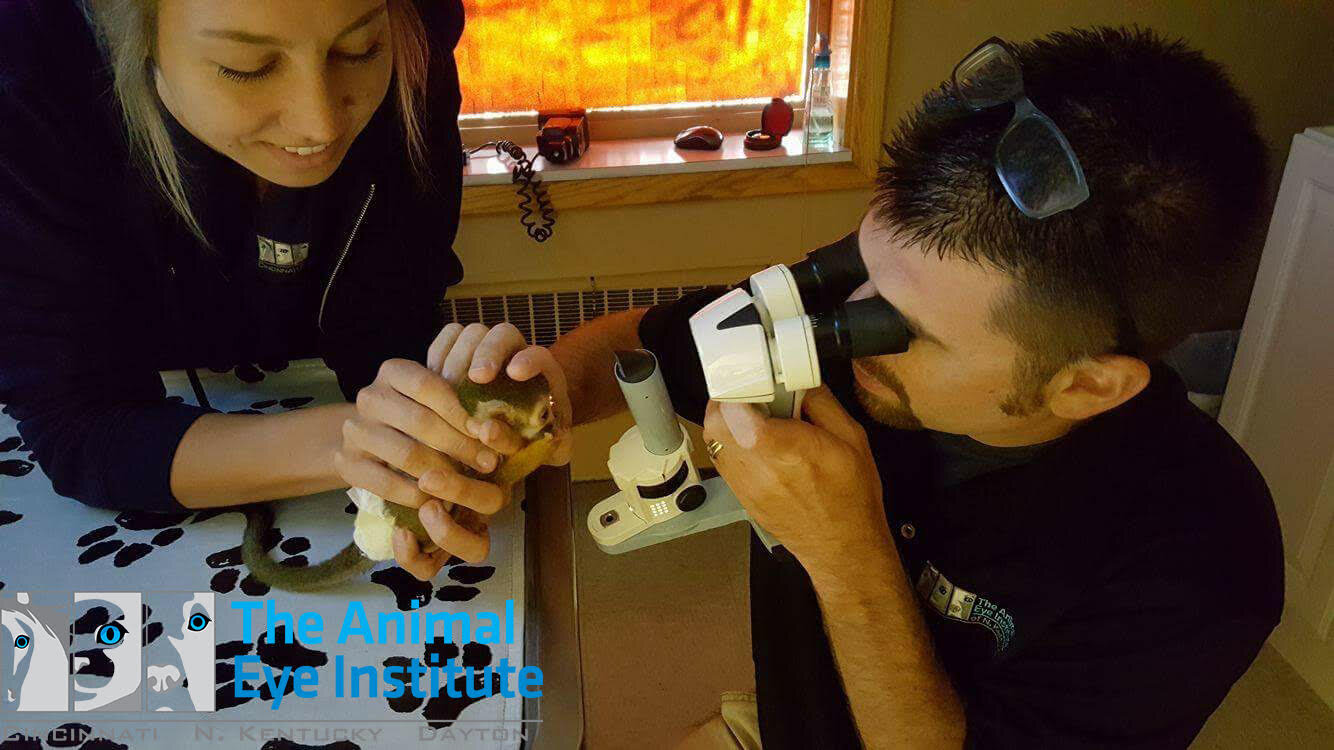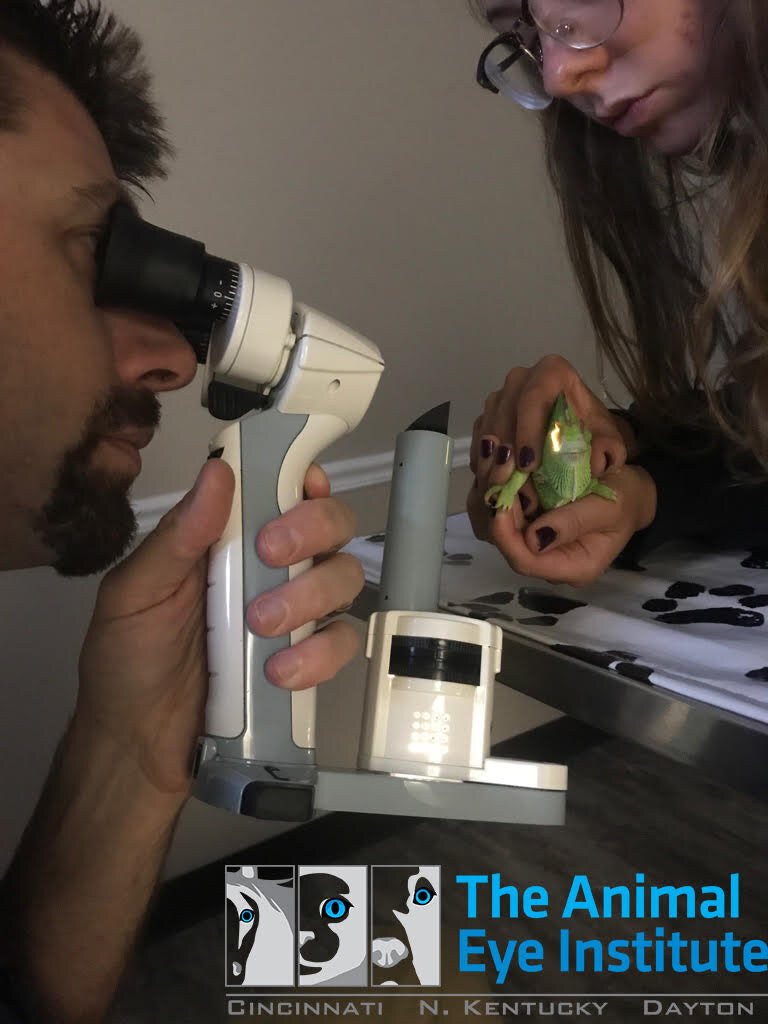So, you want to be a veterinary ophthalmologist?
So, you want to be a veterinary ophthalmologist? Of course you do, it’s the best job on the planet earth! Who wouldn’t want to be a veterinary ophthalmologist? After all, you get to help a variety of animals, their associated owners, practice at the highest level of veterinary medicine, help animals maintain vision, improve their comfort, and you get to perform eye saving procedures and help blind animals see again! So what does it take to get there?
Once enrolled in veterinary college, you must maintain a good grade average, obtain a four-year veterinary degree, and pass a national examination to be licensed to practice veterinary medicine in the United States. Most students at this point have also spent time helping with research, writing scientific papers, and shadowing an ophthalmologist to gain experience.
After the student has graduated from veterinary college, they then obtain a one-year rotating internship working with various specialists in disciplines such as ophthalmology, neurology, emergency/critical care, internal medicine, oncology, cardiology, radiology, surgery, dermatology, and others. At this time, they are eligible to apply to residencies in ophthalmology or a one-year specialty internship in ophthalmology. If one is not selected for a residency at this point, there are a few ophthalmology specialty internships where the candidate can continue to hone their ophthalmology skills and bolster their curriculum vitae for a residency position.
During an ophthalmology residency, which are typically three or four years, the resident works intently on only ophthalmic cases with specialized equipment under the direct supervision of an ABVO board certified veterinary ophthalmologist. The resident is learning current therapeutic measures to treat ophthalmic diseases and learning how to perform complicated surgical procedures.
At the completion of the residency, the resident’s mentor must acknowledge completion and the resident must pass a national board examination consisting of a three day test consisting of a written portion, an image recognition portion, and perform successful surgeries in front of ophthalmologists that are members of the ABVO Exam Committee. Whew! Talk about a long road!
As you can see, your veterinary ophthalmologist has been down a long road to make sure that your pet is receiving the best care for ophthalmic disease. If you are interested in a career in veterinary ophthalmology, a student should get started early and know that the road is not only long…but well worth it!


